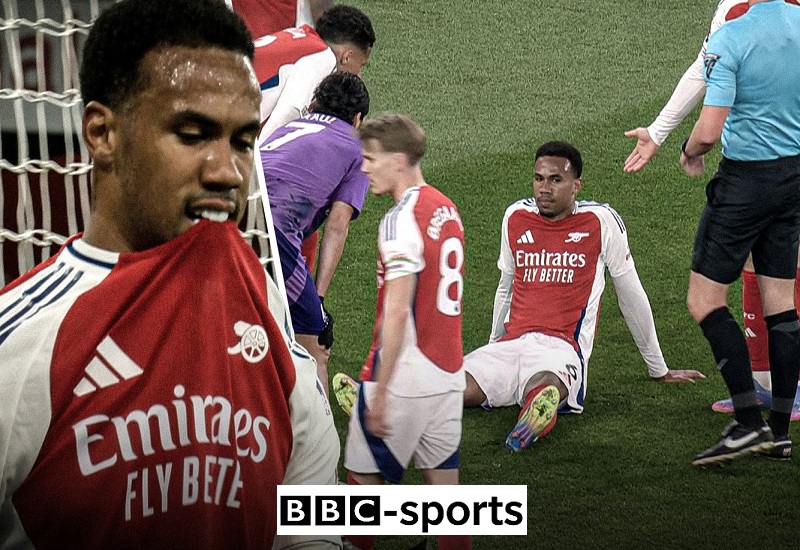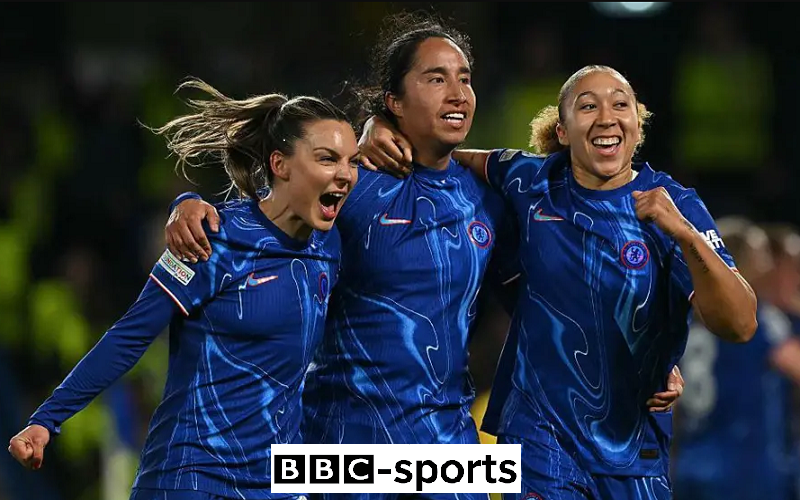Manchester City and Chelsea have a golden opportunity to earn up to £97 million in prize money from this year’s FIFA Club World Cup. The tournament, which will take place in the United States from 15 June to 13 July, features an expanded format with 32 teams and a total prize fund of £775 million. This marks a significant financial boost for participating clubs, with rewards based on participation, ranking, and performance.
Breakdown of Prize Money
The £775 million prize pool is distributed in two ways:
- £407 million will be divided among all participating clubs
- £368 million will be awarded based on performance
European clubs, including Manchester City and Chelsea, are set to receive the highest payouts due to FIFA’s ranking system, which considers sporting success and commercial value.
Potential Earnings for Clubs
| Stage | Prize Money Earned |
|---|---|
| Participation (Top-Ranked European Team) | £29.6 million |
| Group Stage Win (Each Match) | £1.5 million |
| Last 16 Qualification | £5.8 million |
| Quarter-Finals | £10.2 million |
| Semi-Finals | £16.3 million |
| Winning the Final | £31 million |
| Total Maximum Earnings | £97 million |
This prize money is one of the most lucrative in club football history, surpassing earnings from domestic leagues and even the Champions League.
Comparison with Premier League Earnings
To put these figures into perspective, last season’s Premier League prize money ranged from:
- £175.9 million for winners Manchester City
- £109.7 million for bottom-placed Sheffield United
This means a Club World Cup winner could earn close to 55% of what the top team in the Premier League receives in an entire season, making this tournament highly profitable.
Expanded Format and Qualification Criteria
Previously an annual tournament with seven teams, the Club World Cup is now expanded to 32 teams and will be held every four years. The new format aims to bring together clubs from different continents, making it a more global competition.
Participating Clubs
The tournament includes teams from six football confederations:
- UEFA (Europe) – 12 teams
- CONMEBOL (South America)
- AFC (Asia)
- CAF (Africa)
- CONCACAF (North and Central America)
- OFC (Oceania)
UEFA has the highest representation, with clubs qualifying based on their Champions League performances over the past four seasons. Only two clubs per country can qualify, which is why Liverpool (2022 UCL finalists) are excluded, while Manchester City (2023 UCL winners) and Chelsea (2021 UCL winners) are in.
Impact on Big Clubs
The success of the FIFA Club World Cup largely depends on European giants such as Manchester City, Chelsea, Real Madrid, and Bayern Munich. These clubs have negotiated significant revenue streams, ensuring the tournament is financially rewarding.
Guaranteed Minimum Earnings
| Club Category | Minimum Earnings |
| Top European Clubs | £40 million |
| Smaller European Clubs | £15 million |
| South American Clubs | £15 million |
| North American, Asian & African Clubs | Less than £15 million |
While the big clubs could earn up to £97 million, smaller teams like RB Salzburg and Flamengo will receive significantly lower payouts. This disparity is similar to how Champions League revenue creates a financial advantage for elite clubs.
Financial and Competitive Implications
1. Sustainability Regulations
For clubs like Chelsea and Manchester City, the Club World Cup earnings provide flexibility in staying within profitability and sustainability regulations. The extra income can be reinvested in player transfers, wages, and infrastructure.
2. Impact on Smaller Clubs
The financial gap between big clubs and smaller teams will widen. The additional revenue from this tournament could further distort domestic competitions, much like the Champions League has done over the years.
3. FIFA’s Vision
FIFA believes this tournament will help grow football globally and distribute money beyond European elites. However, critics argue that top clubs have leveraged their influence to secure the largest share of the prize money.
Projected Revenue vs Champions League
| Tournament | Maximum Club Earnings |
| Club World Cup | £97 million |
| Champions League | £85-90 million |
For Manchester City and Chelsea, the Club World Cup is now financially as rewarding as the Champions League, making it a top priority.
Conclusion
The expanded FIFA Club World Cup is set to be one of the most lucrative tournaments in football history. With Manchester City and Chelsea poised to earn record-breaking sums, the competition is no longer just about prestige—it is now a major financial powerhouse. The debate remains whether FIFA’s distribution model truly supports football’s global growth or further benefits the already dominant European clubs.




